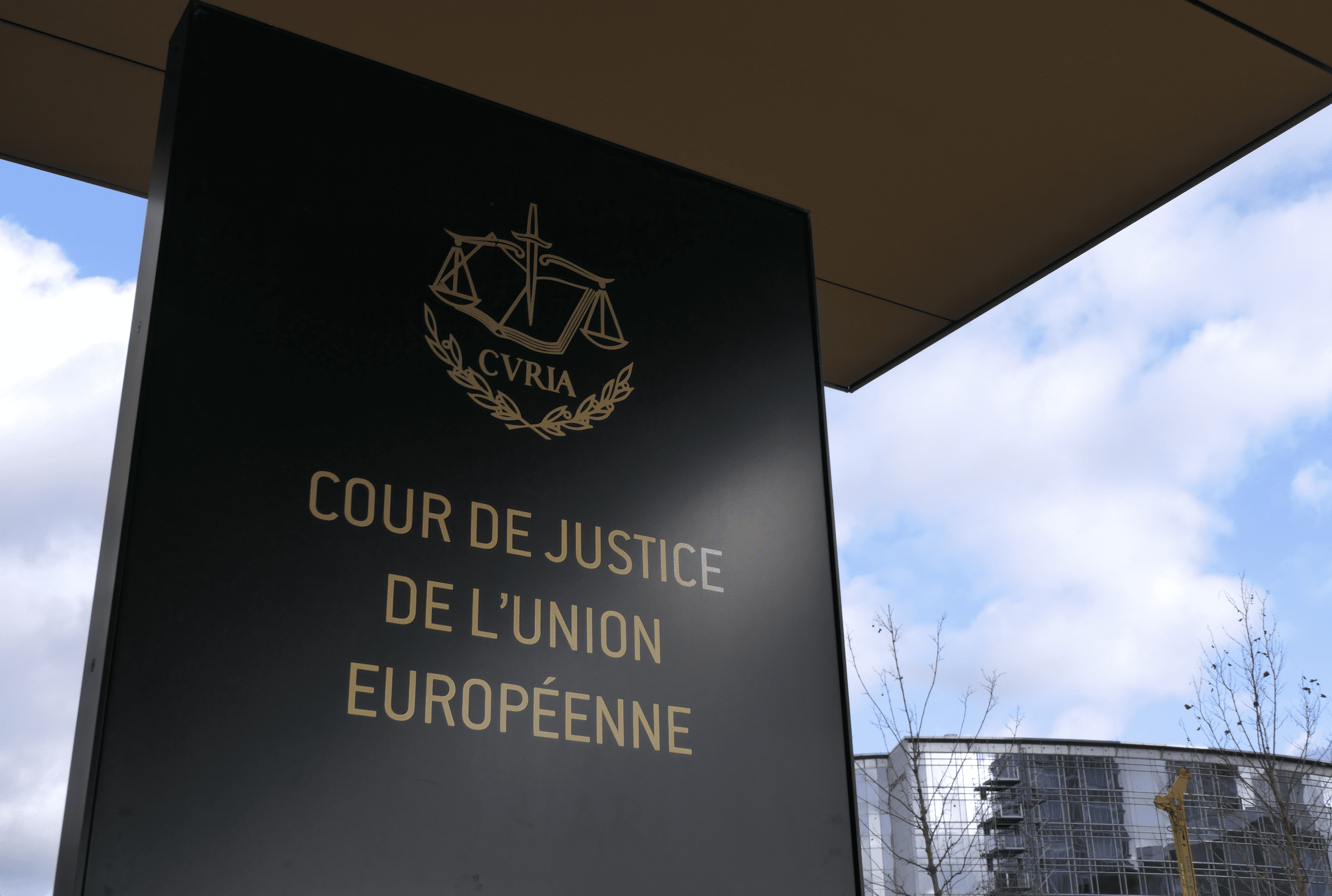The Court of Justice of the European Union (CJEU), the highest court of the continental power bloc, earlier this month ruled that member states must not prevent so-called ‘migrant rescue ships’ operated by far-Left NGOs from docking at their ports.
The ruling of the top EU court, which has previously been accused by EU governments of having a left-liberal bias and abusing its power, comes as a major blow to the national sovereignty of the countries in the bloc as it effectively abolishes the member state’s right to control the entry of non-nationals into their territory.
“The boats of humanitarian organizations which provide rescue at sea cannot be controlled by the State where they disembark. Unless there is an obvious risk of danger to safety, health, or the environment,” the ruling states, noting that in the event the port state does carry out administrative control procedures, they must not be arbitrary and they must be justified by competent authorities.
Also noteworthy, the high court in its ruling, stated that: “It is only after disembarkation that the port state can subject humanitarian ships to direct inspection.”
The court proceedings relate to administrative stops of Sea-Watch 3 and Sea-Watch 4 in the summer of 2020, where the two ships, owned by the pro-mass migration German NGO Sea Watch, were inspected by the Italian Coast Guard at the ports of Palermo and Porto. Following the inspection and detection of irregularities, authorities then prevented the two from docking.
Subsequently, the German NGO brought the case before the Regional Administrative Court of Sicily (TAR), claiming that the Port Authority in Italy had violated the EU Directive 2009/16 on port State control—interpreted in light of international conventions on the law of the sea and for the protection of life at sea—by overstepping the powers of the port State. The regional court then turned to the European Court of Justice, which subsequently ruled in favor of the NGO.
Inevitably, the high court’s ruling will exert a disproportionately negative effect on the EU’s Mediterranean countries—the states most vulnerable to illegal mass migration: Italy, Spain, Greece, Cyprus, and Malta.





